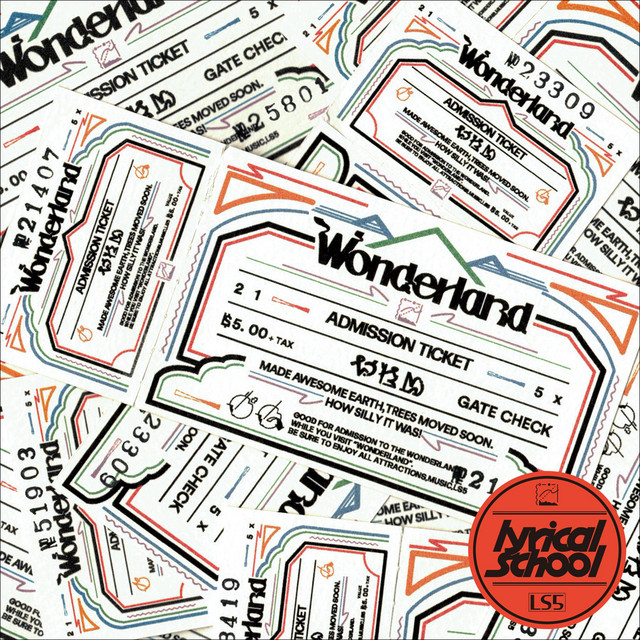
‘Paperback’ board game review
By Ed Appleby, Contributor
4/5
“Now comes the big question: What are you going to write about? And the equally big answer: Anything you damn well want.” – Stephen King, On Writing: A Memoir of the Craft.
Paperback (2014) is a deck building and word creation game for two to five players designed by Tim Fowers and published by Fowers Games. In the game, all players are given a starting deck full of various consonants with a purchasing point value. Players draw hands of five cards, then take turns creating words with their cards and a communal vowel card, after which the point value can be used to purchase other cards on the table to be added to a player’s deck. These cards have other letters or combinations of letters, and some have modifiers that can affect the point values or number of cards you can play.
The communal cards can be claimed by creating a word over a specified number of letters, after which that vowel is permanently added to that player’s deck. Points are scored by claiming communal cards or buying Book cards, which act as wild cards for letters. The game ends when all of the communal cards are purchased or two of the Book cards stacks are emptied. The winner is the player with the most points.
I hate Scrabble (1948); luckily, this is not Scrabble. Though you do need to know your spelling—which is limited to common English words—the deck building aspect leads to a much more engaging gameplay than the random draws of Scrabble. Though I found the turns to be a bit on the long side, the delay isn’t as noticeable as with other games. In fact, it gives you time to formulate your own words out of your hand.
I found Paperback to be a fun, light game suitable for anyone who has a good eye for words, and who isn’t a hardcore Scrabble player.


